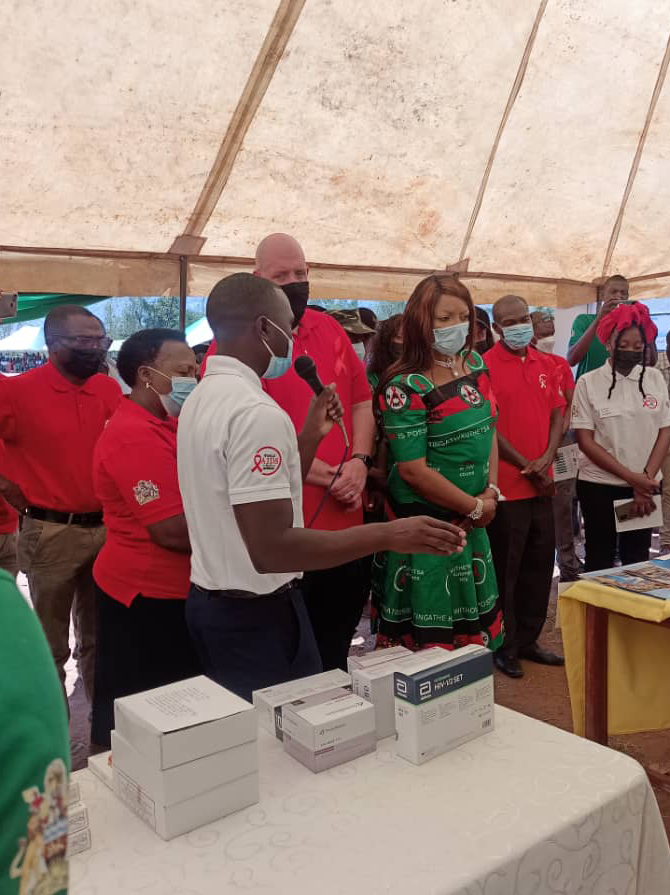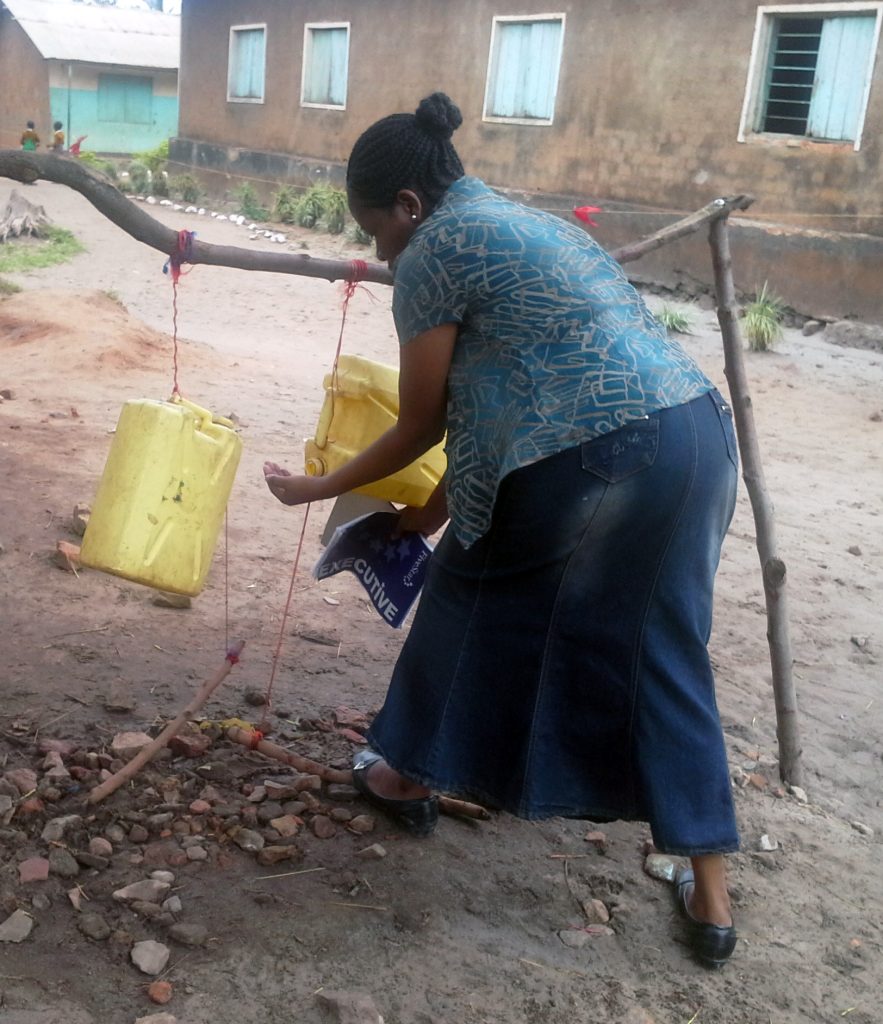 Faculty and staff from the International Training and Education Center for Health (I-TECH) and its network partner the Zimbabwe Training, Technical Assistance and Education Center for Health (Zim-TTECH) have published a new paper in the journal PLOS One.
Faculty and staff from the International Training and Education Center for Health (I-TECH) and its network partner the Zimbabwe Training, Technical Assistance and Education Center for Health (Zim-TTECH) have published a new paper in the journal PLOS One.
Working toward sustainability: Transitioning HIV programs from a USA-based organization to a local partner in Zimbabwe catalogs the challenges and lessons learned as I-TECH laid the groundwork to transition the voluntary medical male circumcision (VMMC) and HIV care and treatment programming in Zimbabwe to the newly established Zim-TTECH, a fully independent local organization.
“I-TECH prides itself on working collaboratively with our international partners. We held the principle from day one that the most successful programs happen when the locus of control sits in-country,” said Marrianne Holec, Senior Program Manager at I-TECH. “We had the foundation in place with our local staff, what was missing was the organizational structure to allow the team in-country to truly lead the project. With the formation of Zim-TTECH, I’m happy to say we are there.”
Among USG funders, it’s recognized that future models for sustainable healthcare rely on local country ownership and leadership.[1] But making the transition from US-based ownership to country ownership isn’t a one-time event, added Holec, “It’s a process that takes time. We wanted to document our process so that other international organizations who are looking to pursue decolonizing global health programming can learn from our experience.”
Through 16 key informant interviews, the team gathered views on transition planning, implementation, and technical support, ethics, and success. Five themes emerged from the data collected:
- Develop a vision and empower leadership for change by delegating clear roles and supporting local ownership;
- Plan and strategize for transition in a manner that accounts for historical context;
- Communicate with and inform stakeholders to understand transition perceptions, understand barriers to transition, and enable open communications related to risks and benefits;
- Engage and mobilize staff by constructing necessary infrastructure and providing technical assistance as needed; and
- Define short-term and long-term success.
“Sustainability of successful donor funded public health programs is critical if we want to maintain the important gains that have been made over the years,” says Dr. Batsi Makunike, Executive Director of Zim-TTECH. “Strong local organizations with good governance, management, and technical capacities are an important cornerstone of sustainability.
“The process of transitioning from an international to a local organization is daunting,” she continues. “We hope that this study is helpful to other organizations in their efforts to transition.”
[1] Goosby E, Von Zinkernagel D, Holmes C, Haroz D, Walsh T. Raising the Bar: PEPFAR and New Paradigms for Global Health. JAIDS Journal of Acquired Immune Deficiency Syndromes. 2012;60.




